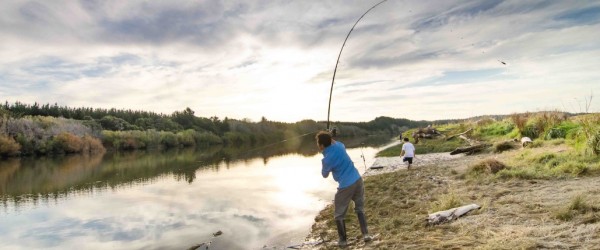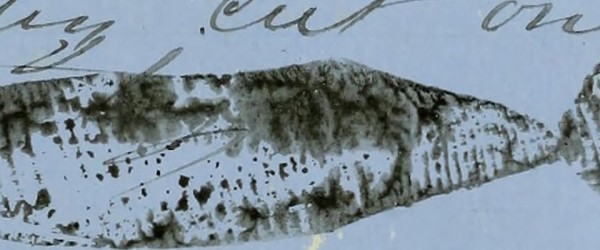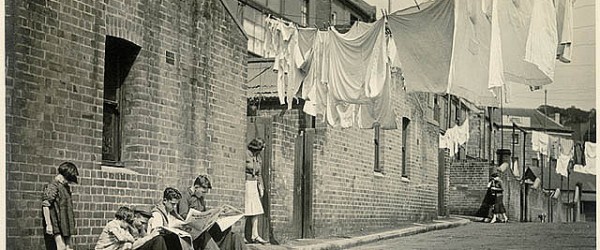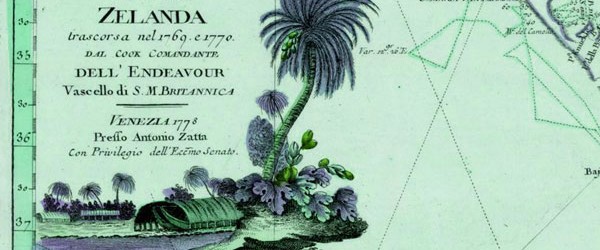
Aotearoa online
Buy this issue
A special issue of contemporary New Zealand nonfiction, featuring Naomi Arnold, Megan Clayton, Murdoch Stephens and David Young. Edited by Giovanni Tiso.
Issue Contents
Features
David Young
Murdoch Stephens
Naomi Arnold
Megan Clayton
Editorial
Giovanni Tiso
Browse the issue:
Features
Editorial





